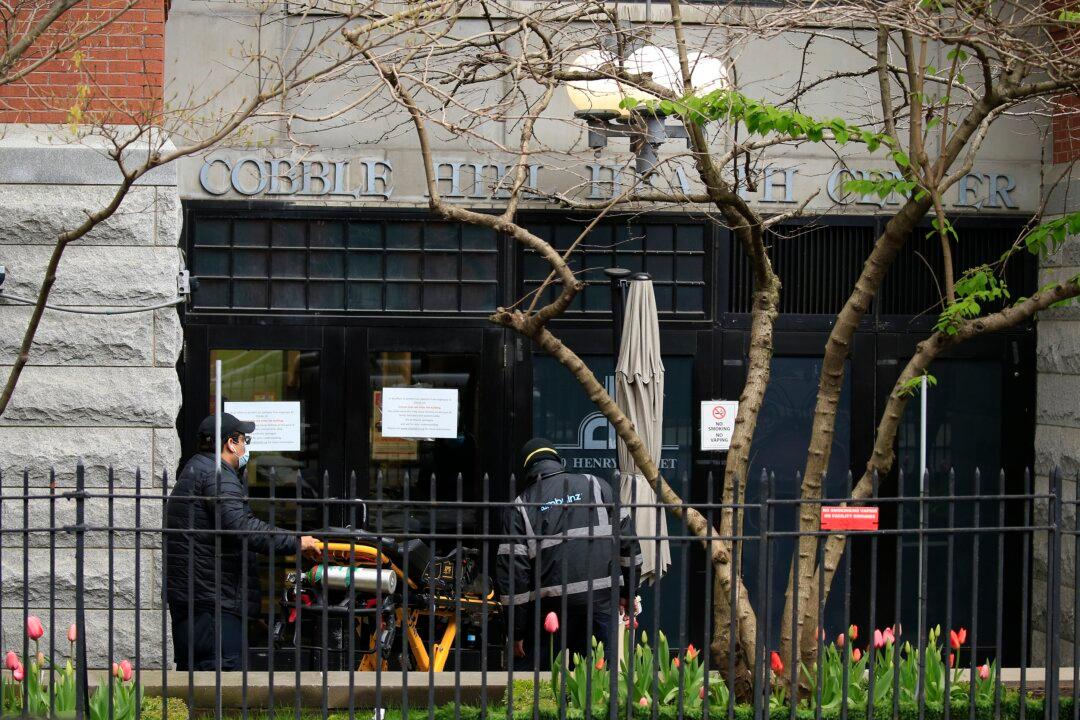A new executive order from New York Gov. Andrew Cuomo blocks hospitals from sending COVID-19 patients to nursing homes unless the patients test negative for the new disease, effectively reversing a nearly two-month-old policy.
“We’re just not going to send a person who is positive to a nursing home after a hospital visit, period,” Cuomo said at a press conference on May 10.





